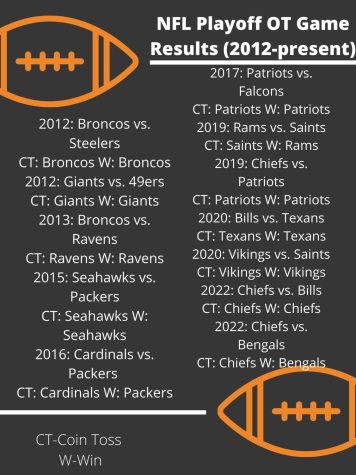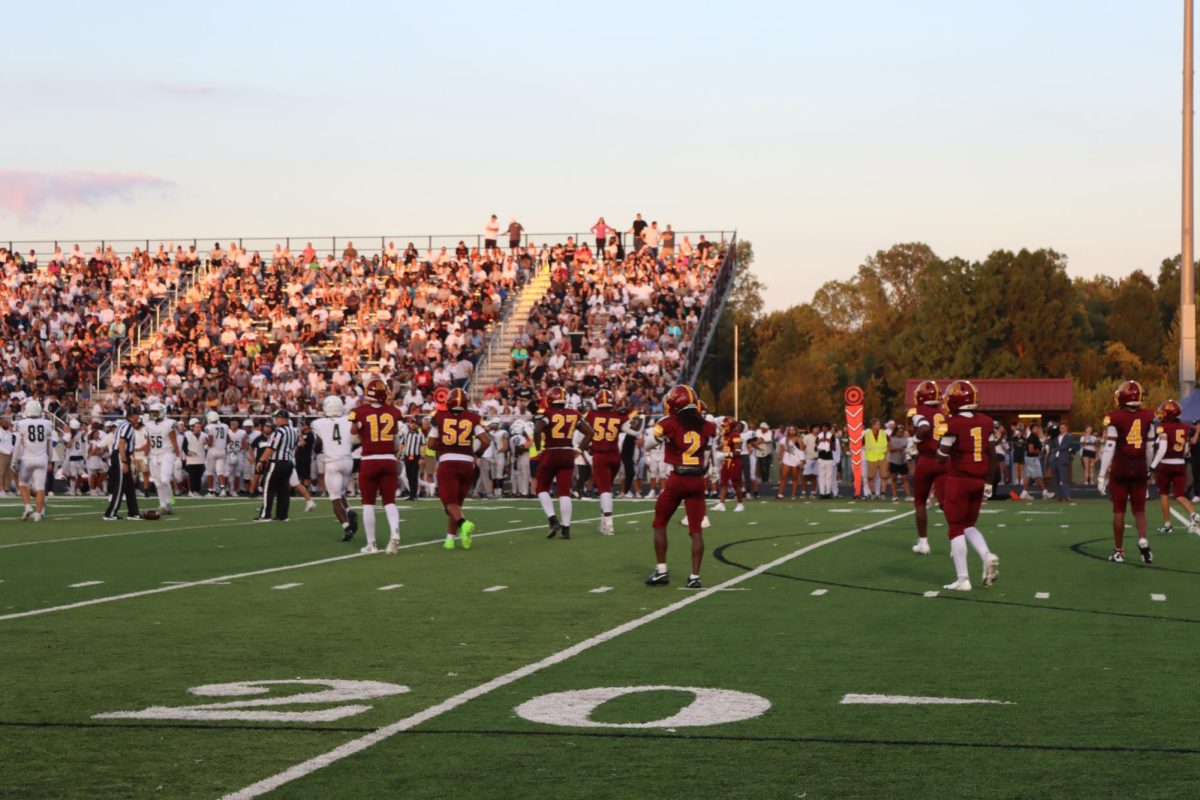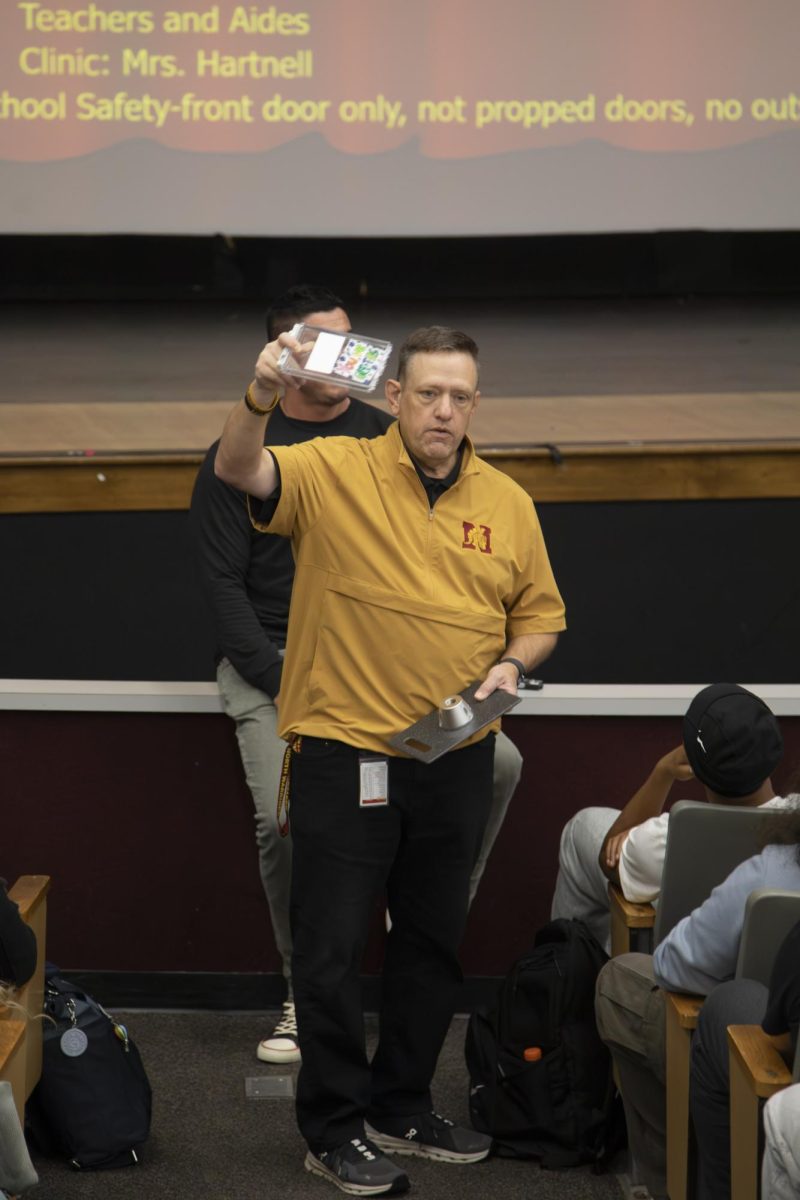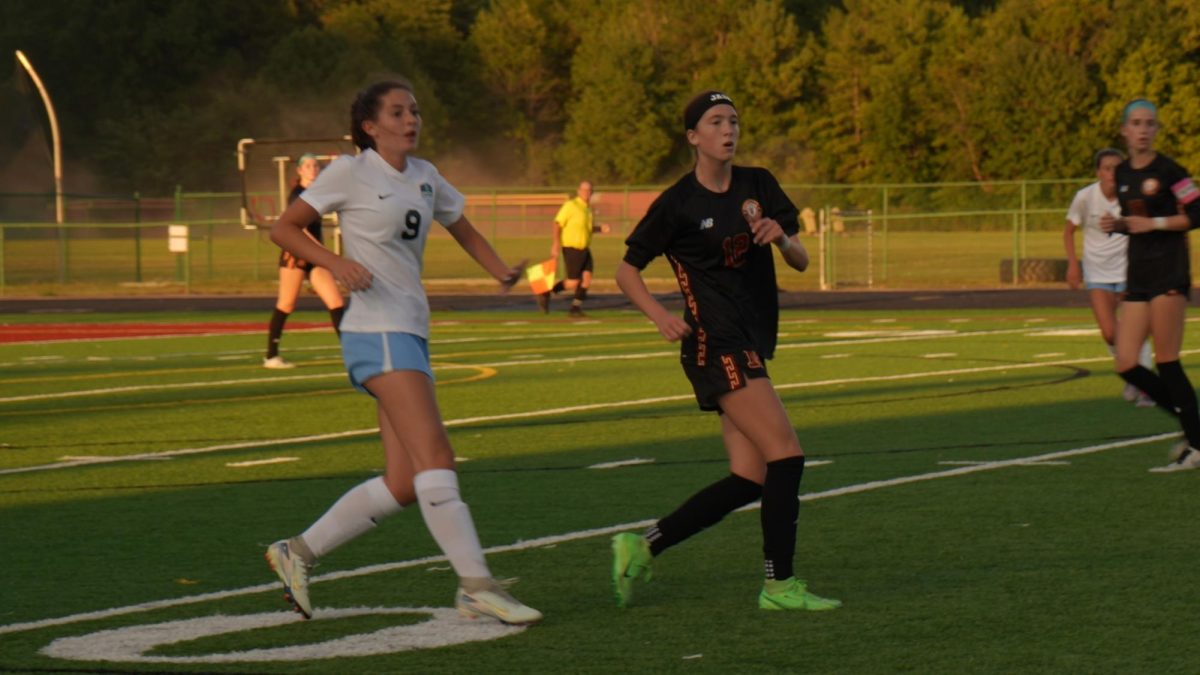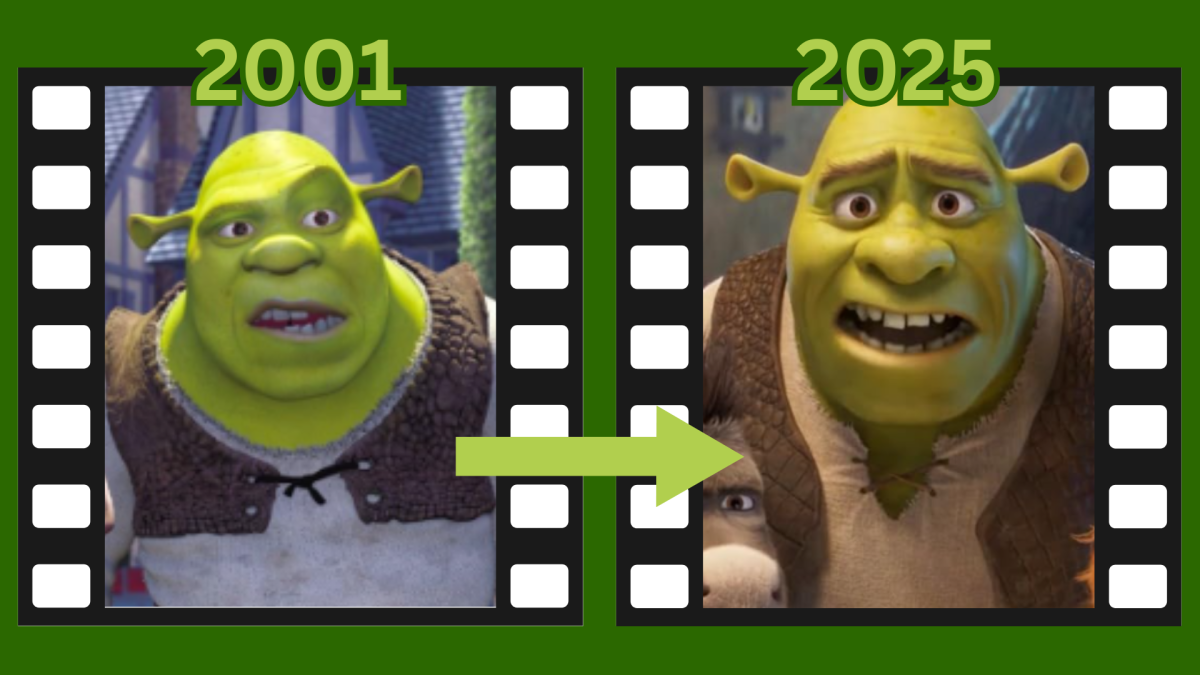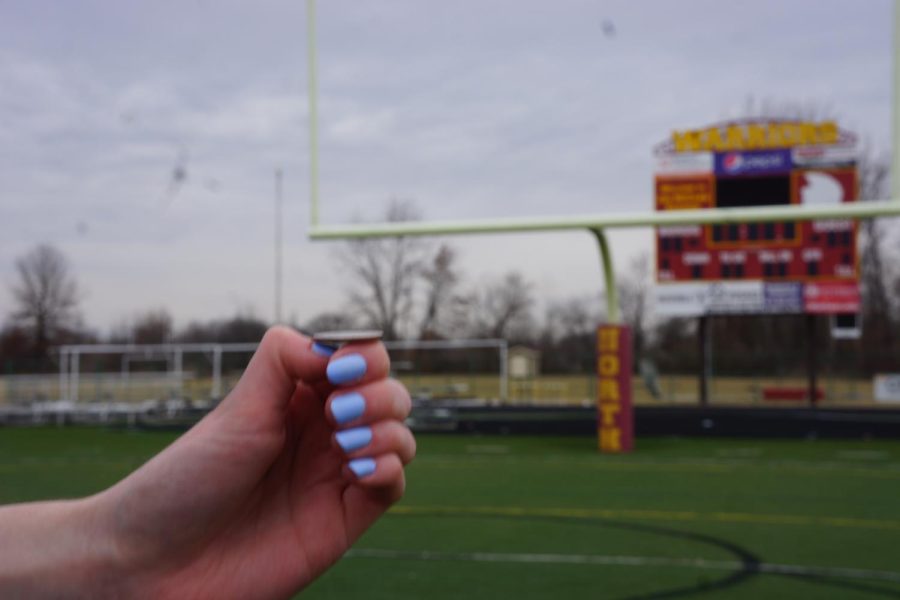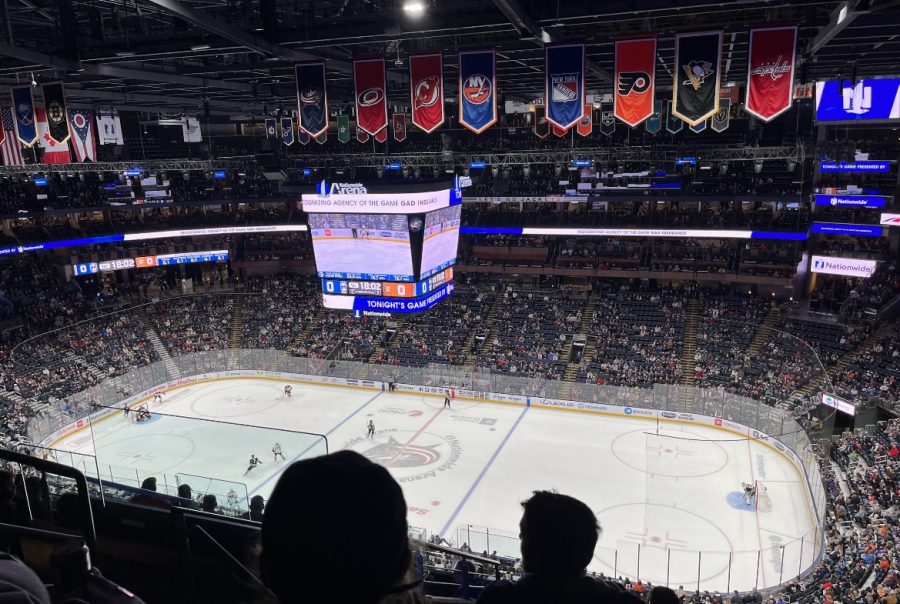The National Football League (NFL) is home to 32 teams that compete vigorously for 18 weeks in hopes of being able to bring home a Super Bowl trophy to their fans. Over the years, the league has adapted and been modified as the game of football is an ever-changing sport. Recently, the policies behind the NFL’s overtime (OT) rules have been in question. Teams’ entire seasons have been jeopardized or lost as a result of it—the Buffalo Bills lost in overtime in the Divisional Round of the NFL Playoffs both this year and in 2020.
Westerville North High School football coach Bryan Johnson feels as though the NFL’s OT rules have caused an unnecessary end to some teams’ seasons.
“The Chiefs and Bills game was probably one of the best games that has been played in the last ten years. It’s unbelievable to score all of those points and not be able to continue that [in OT] is kind of bad,” Johnson said.
Many fans of football from across the country have weighed in on the OT rule, and think it’s unfair that both teams don’t get a sure chance to have the ball. A coin toss takes place to decide which team will receive the ball at the beginning of the period, and the first team to score wins. According to sportingnews.com, teams that have won the coin toss in OT playoff games have a record of 10-2.
Football player, Connor Warthman (12) weighed in on the OT rule and its effect on the Bills and Chiefs AFC Divisional game of the 2021 playoffs.
“Both teams should have a fair and equal opportunity to win the game, not the luck of the coin toss. As we saw in the playoffs this year, Bills v. Chiefs, if both teams had gotten the ball it may have ended differently,” Warthman said.
In OT, the Chiefs drove down the field against the Bills’ defense and scored a touchdown to end the game. Prior to the OT period, the Chiefs and Bills went back and forth in the final two minutes and scored a combined 25 points just for the game to end on the first drive in OT.
“The coin toss predicted the game, you could see the visual excitement of the Chiefs after the toss,” Warthman said.
The NFL has a reputation of changing the game over the years, they even changed the OT rule to what it is today back in 2009. Before then, the NFL had their OT rules set so that the first team to score would win, whether it was a field goal or a touchdown. Hall of Fame quarterback Brett Favre lost in the playoffs in OT by a field goal, and that pushed executives enough to change the rules.
Many fans are left wondering what it’ll take for there to be another rule change.
“[NFL executives] think it will either tarnish the game that’s of course making them a ton of money. Change is always hard, but at the top it’s even harder to pass something to make a change,” Johnson said.
Teams such as the Chiefs, Eagles, and Ravens have all proposed OT rule changes, and have all been dismissed by the league. The most recent proposal was by the Chiefs in 2019, after their loss to Tom Brady and the New England Patriots in the OT of the AFC Championship.
Grant McLean (11) believes that the OT games of recent years has left the NFL in a position where they need to make a rule change.
“I think there’s a lot of pressure to change [the rule]. If the Super Bowl went into OT, which it very well could have, then they would definitely change the rule,” McLean said.
A popular suggestion of the fans is to change the NFL OT rules to be consistent with those of college football. In 2019, the NCAA amended its OT rules to four regular periods where each team gets a chance to score from the opponents 25-yard line. After those four periods, it becomes a two-point shoot-out where teams must go for two until there is a winner. Overall, fans have been happy and it’s resulted in exciting games like Illinois’ record-breaking nine OT win against the number seven ranked Penn State this season.
“I would switch [the NFL OT rule] to the college football format because it gives both teams an equal opportunity to keep playing,” Warthman said. “Keeping [the OT rules] consistent and the same [between the NFL and college] would be better for the athletes and the people watching.”
While the pressure is on from fans for the NFL to modify its current OT rule, the NFL is taking steps in the right direction in many other facets of the game. They’ve implemented new rules and requirements to keep players safe, such as tightening up on targeting and unnecessary roughness penalties, as well as concussion protocol. There’s also been improvements on diversity within team management and the coaching staff.
“I feel that the NFL today is striving for better in a number of ways. From rules, the safety of the game and even the hiring of minority coaches and making sure there is equality. We even saw an all-female officiating crew, and an all-Black officiating crew this year,” Warthman said.
There’s hope that within the next few seasons the NFL will decide upon a way to amend their current OT rule as they did once before in 2010. Players, coaches and fans of the NFL can agree with Johnson’s statement, “[A game] shouldn’t be determined by a coin flip.”
